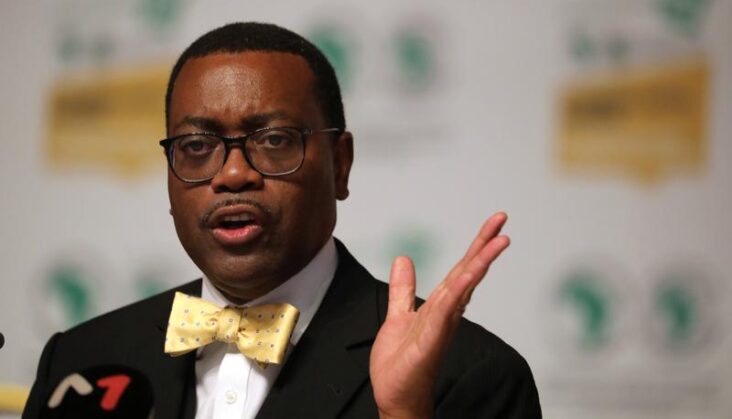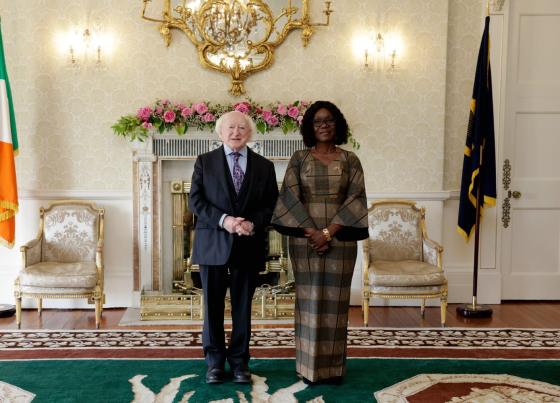The Monetary Policy Committee of the Central Bank of Nigeria, CBN, has unanimously voted to increase the benchmark interest rate (monetary policy rate) to 14% from 13%, being the second hawkish move by the apex bank in 2022 following the rising rate of inflation.
This was disclosed by the Governor of the CBN, Godwin Emefiele, while reading the communique of the first monetary policy committee meeting of the year, on Tuesday 19th July 2022.
The Central Bank during its last MPC meeting had increased the interest rate from 11.5% to 13.5% in May 2022, however with the inflation rate still spiking above 18%, the CBN has raised the rate further to 14% in a bid to combat the rising cost of goods and services.
According to the National Bureau of Statistics (NBS), Nigeria’s inflation rate hit an over 5-year high of 18.6% in June 2022, from 17.71% recorded in the previous month, largely due to the surge in energy prices and transportation costs.
It’s worth noting that the last time Nigeria adopted an interest rate of 14% was February 2019. According to the MPC, other complementary measures deployed by the apex bank to address the growth of the money supply did not moderate the uptick in inflationary pressure.
The governor of the CBN, Godwin Emefiele said that “the committee resolved that the most rational policy option will be to further strengthen its tightening stands in order to effectively curtail the unabated rising trend of inflation.“
Members of the committee were also cautious that output growth remained fragile however not curtailing inflation could be detrimental to the purchasing power of the populace. The committee hence advised the apex bank to continue to use its various financial infrastructure to boost growth in the real sector of the economy.
The latest hike in rates by the central bank’s monetary policy committee is the second since July 2016 as the apex bank had preferred a dovish monetary stance in the past, hoping that increased borrowing will boost the economy.
However, inflationary pressure has risen to record levels globally amidst the global energy crisis following the Russia-Ukraine war which has led many monetary regulators around the world to reign aggressively on inflation by raising interest rates.
The Nigerian central bank has also followed in this direction, following the surge in Nigeria’s inflation numbers to 18.6% in the month of June 2022, which is the highest in 65 months. The hawkish move by the CBN means that businesses and individuals who wish to get credit facilities from banks will have to pay higher interest rates.
This is hoped to tighten liquidity in the economy and help curb the rising inflation rate as well as help spur foreign inflows, considering the sustained scarcity of FX in the country, which has the official exchange rate depreciate to N430/$1 and the black market rate to N630/$1


